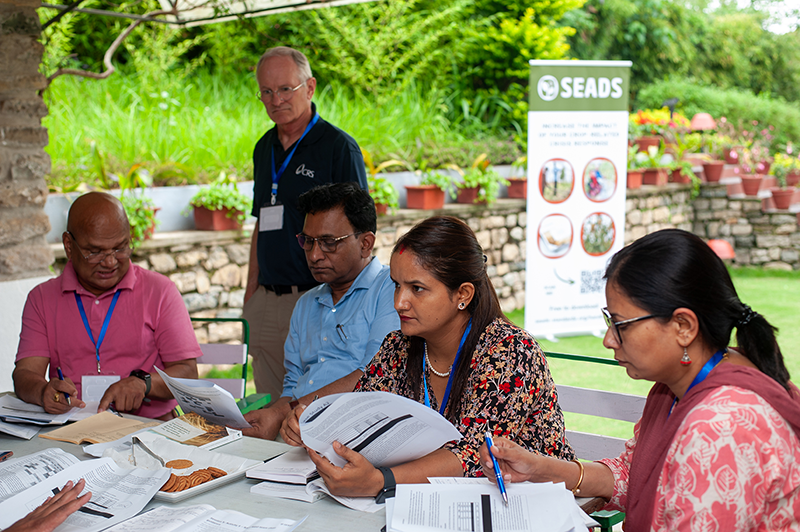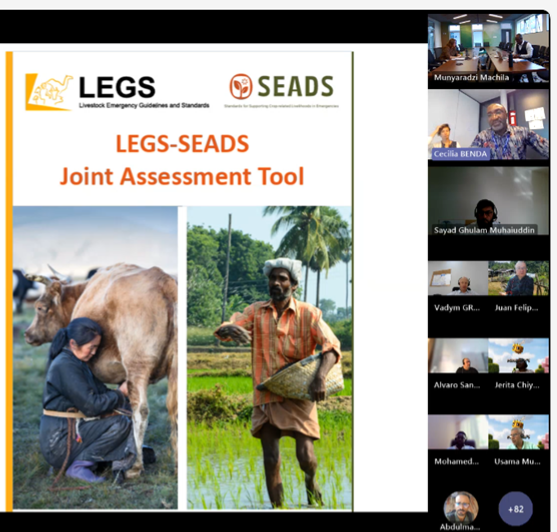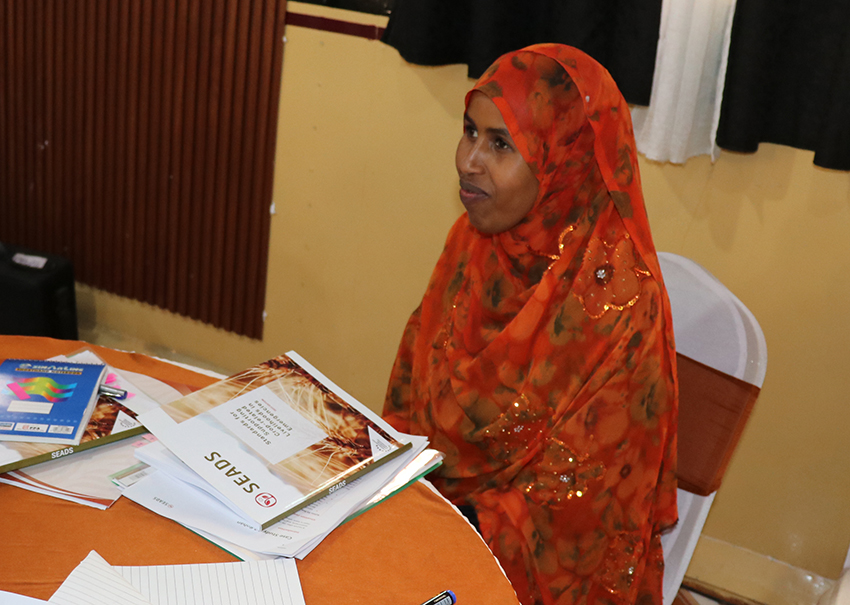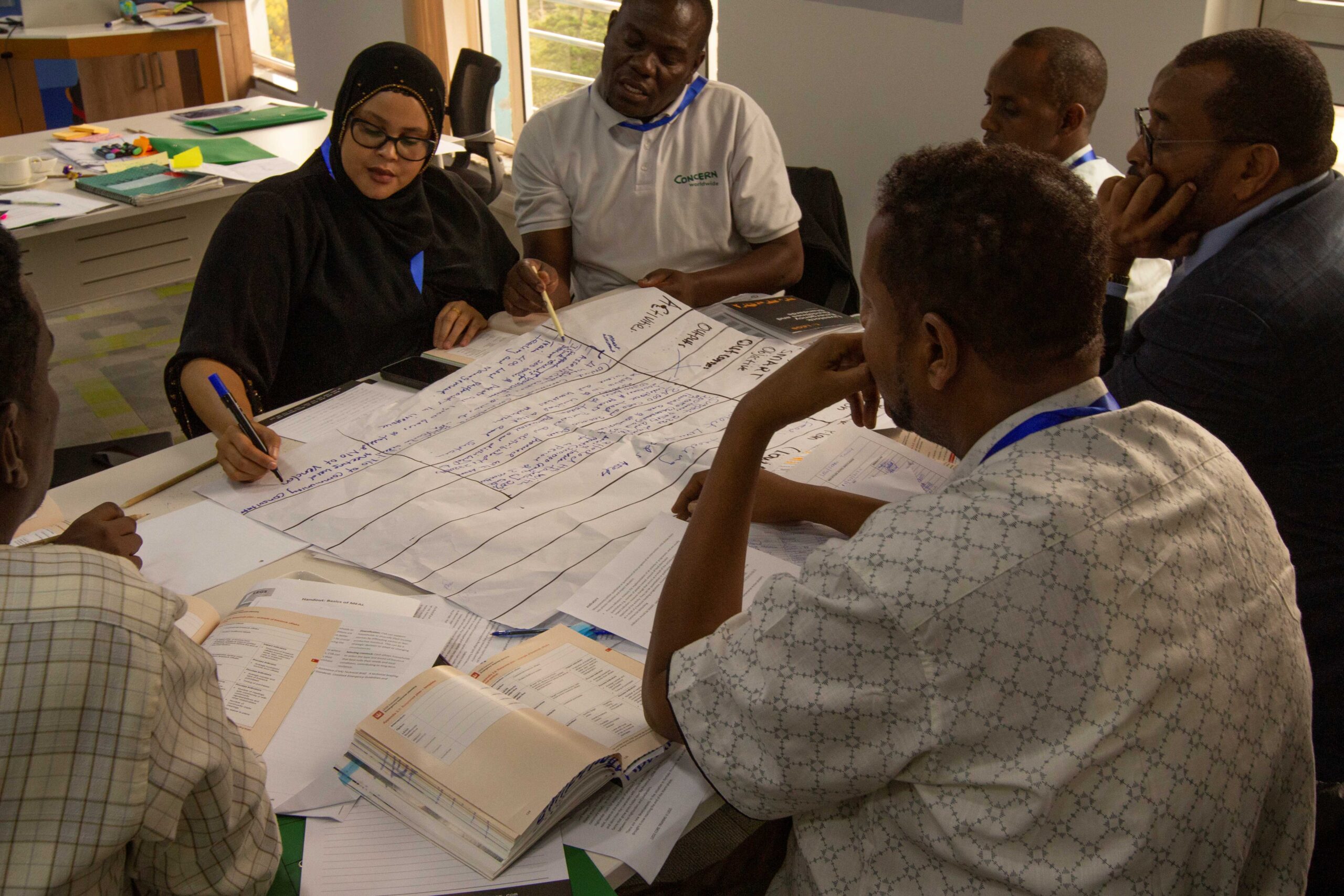
The Nepal Pilot Practitioner Training Course, hosted by the CRS Nepal Country program, concluded successfully in late June. This intensive three-day session aimed to enhance the quality and impact of emergency crop response programming on livelihoods. The training gathered 24 participants, including 12 women, from a diverse array of organizations such as the Food and Agriculture Organization of the United Nations, international and local NGOs, research institutions, and government agencies. This broad representation ensured that a wide range of in-country partners gained first-hand experience with the SEADS approach.
“The CRS Country Program is really happy to host this orientation training here in Nepal,” said Bandana Risal, Country Manager for CRS Nepal, at the end of the training. “This program is very important for the CRS Country Office – for our programming – because we need to be very much prepared and need to respond accordingly in times of crop-related crisis… Livelihoods have to be in the middle of the picture,” she explained.
The pilot was part of an ongoing effort in 2024 to refine the SEADS training materials for the Practitioner Course which will be rolled out towards the end of the year and into 2025. Sessions covered the tools in the SEADS Handbook that together make up the SEADS approach to designing, implementing and evaluating crop-related crisis response. Key tools include initial assessment checklists, the response area identification tool, decision trees and participatory impact evaluation methods.[1]
Feedback from the Nepal pilot trainees was overwhelmingly positive, with many feeling that the training objectives were fully or mostly met. While some found the decision trees challenging, their constructive feedback is being incorporated into ongoing revisions of the training content. The quality of facilitation by SEADS training consultants was particularly praised, a notable change from the Ethiopia pilot where local trainers led the sessions. Future courses will continue to feature experienced training consultants, while also focusing on capacity-building for local trainers through ongoing support and training.
For the latest updates on our ongoing training programs across different regions, be sure to follow the SEADS LinkedIn page.
You can also sign up for our e-newsletter to receive the latest news directly in your inbox: bit.ly/3M0Oa67
Watch a short video montage featuring testimonials from those involved here.
[1] For more details on the tools mentioned, see pages 23, 41, 42, and 121 of the SEADS Handbook



